US unilateralism on Iran may come back to haunt it
The Trump administration on Monday announced a slate of measures intended to add teeth to its attempt to restore "international" sanctions on Iran, but many pundits dismissed them nothing more than a show ahead of the US election.
President Donald Trump signed an executive order after his administration on Saturday declared it had effectively reimposed sanctions under the so-called “snapback” provision of the 2015 nuclear deal with Iran.
For him and his top officials, the provision restores international sanctions on Tehran that were previously terminated as part of the nuclear deal, but Trump withdrew the United States from the accord in 2018.
As a result, the overwhelming majority of members in the 15-nation UN Security Council which has the prerogative to implement sanctions view the administration’s efforts to bring back the measures as illegitimate.
According to the leading US magazine Foreign Policy, “the unilateral US effort to reimpose UN sanctions on Iran appeared to be in tatters, as key UN powers redoubled their support for the pact, and UN Secretary-General António Guterres rebuffed an appeal from US Secretary of State Mike Pompeo to reimpose multilateral sanctions.”
At a State Department news conference on Monday, Pompeo claimed that Trump’s executive order had given the administration a “new and powerful tool to enforce the U.N. arms embargo and hold those who seek to evade UN sanctions accountable.”
The first action under the new executive order, he said, targeted Iran’s Ministry of Defense and Armed Forces Logistics as well as Venezuelan President Nicolas Maduro who has overseen a major rise in trade between Tehran and Caracas.
The new sanctions mostly targeted Iranian individuals and entities connected to the Islamic Republic’s nuclear enrichment or ballistic missile programs.
White House national security adviser Robert O’Brien said the executive order “will result in severe economic sanctions for those nations, corporations and individuals who contribute to the supply, the sale or the transfer of conventional arms to the Islamic Republic of Iran.”
Among the countries, an EU arms embargo against Iran is not set to expire until 2023, meaning American officials are mainly worried about Russia and China which have already expressed interest in arms trade with Iran once the embargo expires.
“Our actions today are a warning that should be heard worldwide. No matter who you are, if you violate the UN arms embargo on Iran, you risk sanctions,” Pompeo said.
Such a rhetoric “widens a diplomatic breach” that began between the EU and the US when the Trump administration withdrew from the nuclear deal in 2018, the New York Times said.
On Sunday, top EU diplomat Josep Borrell repeated his stance that the United States could not impose the international sanctions because it was no longer a party to the deal that had lifted them.
The standoff “underscores how some of the United States’ closest allies are fed up with the Trump administration’s unilateralism,” Foreign Policy wrote.
“Frankly, there’s a degree of exhaustion with this administration in the Security Council,” Richard Gowan, the UN director at the International Crisis Group, told the magazine. “On top of three and a half years of Trump unraveling multilateral arrangements, there’s just very little good will left for the US right now.”
With fewer than 50 days to go until the November election, Trump has taken an increasingly hard line against Iran while touting his administration’s brokering of normalization agreements between Israel and a pair of Arab states.
His policies on Iran have even drawn criticism from Iran hawks. Former White House National Security Advisor John Bolton tweeted Monday that he feared Biden, should he win in November, could use the Trump administration’s insistence that the United States remains a party to the deal to more easily reenter the nuclear agreement with Iran.
Others say the indiscriminate wielding of America’s economic might by Trump could have grave consequences for the United States.
No president has relied so heavily on sanctions to solve intractable problems. According to CNN host and Time magazine contributing editor-at-large Fareed Zakaria, the United States currently has more than 8,000 sanctions in place against individuals, companies and countries.
“While the United States has used sanctions for decades, they have proliferated dramatically in recent years, especially under President Trump. He has instituted more than twice as many sanctions per year as his two predecessors, including 700 on a single day in 2018 (on Iran),” he wrote last month.
The reason the US is gravitating toward sanctions as a preferred tool of foreign policy is because it is a seemingly cost-free way of forcing countries to change course.
On Monday, Iran’s Minister of Petroleum Bijan Zangeneh said, “America has waged a war against Iran with no blood.”
But Trump has failed to achieve any from his trademark “maximum pressure” foreign policy.
To wit, Iran’s Islamic Republic is as strong as ever and is no closer to reaching a new diplomatic pact with the US over its nuclear program. North Korea’s nuclear and missile arsenals have grown in numbers and strength. And President Maduro shows no sign of letting the US-backed opposition take over the oil-rich country.
That’s not to say Trump’s policy didn’t inflict economic harm on these countries. In fact, the sanctions have hurt millions of ordinary people much more than they have helped the Trump administration achieve its goals.
However, they do have also costs for the United States. According to Zakaria, Washington’s “promiscuous use and abuse of sanctions” could irreparably damage America’s superpower status.
“The more Washington abuses its power, the greater the efforts to find some alternative to the hegemony of the dollar,” he wrote.
“The Russians and Chinese have long been trying to find ways to skirt dollar control. Infuriated by the Iran sanctions, the Europeans are now doing the same.”
Therefore, “the more Trump resorts to sanctions as unilateral cudgels, and the more he wields them to look tough rather than to execute an overarching strategy, the more other countries will resent the United States and push back. This is the real cost of sanctions,” Zakaria added.
VIDEO | Press TV's news headlines
VIDEO | IRAN EXPO 2024 spotlights free trade zones
Columbia University students defy deadline to clear pro-Palestinian encampment
Yemen strikes several vessels in fresh defensive, pro-Palestinian operations
No peace in world without permanent ceasefire in Gaza: Pakistan PM
VIDEO | After 12 years of closure, Yemen’s national museum reopens
VIDEO | Pariah regime cornered
VIDEO | Palestinian rescuers search for casualties following Israeli strike on Rafah





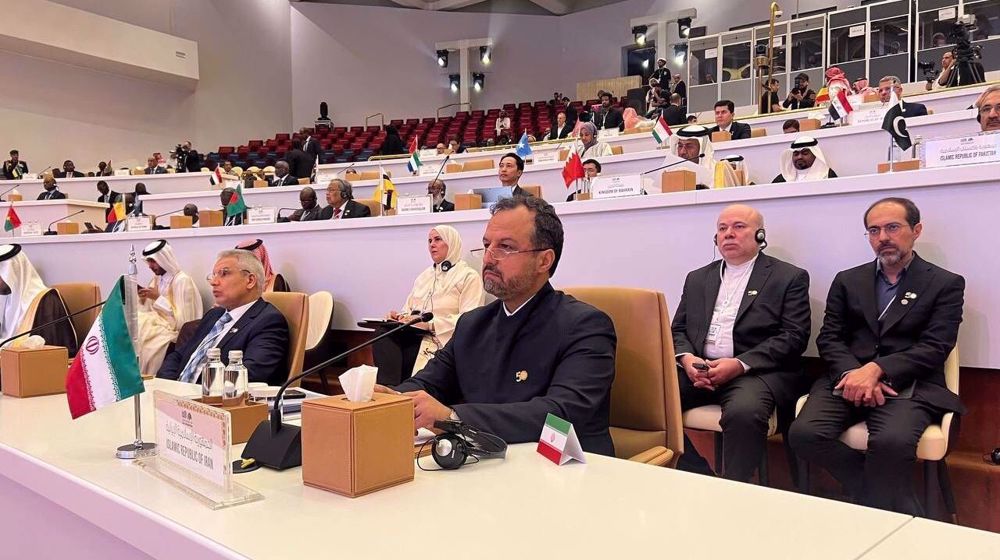
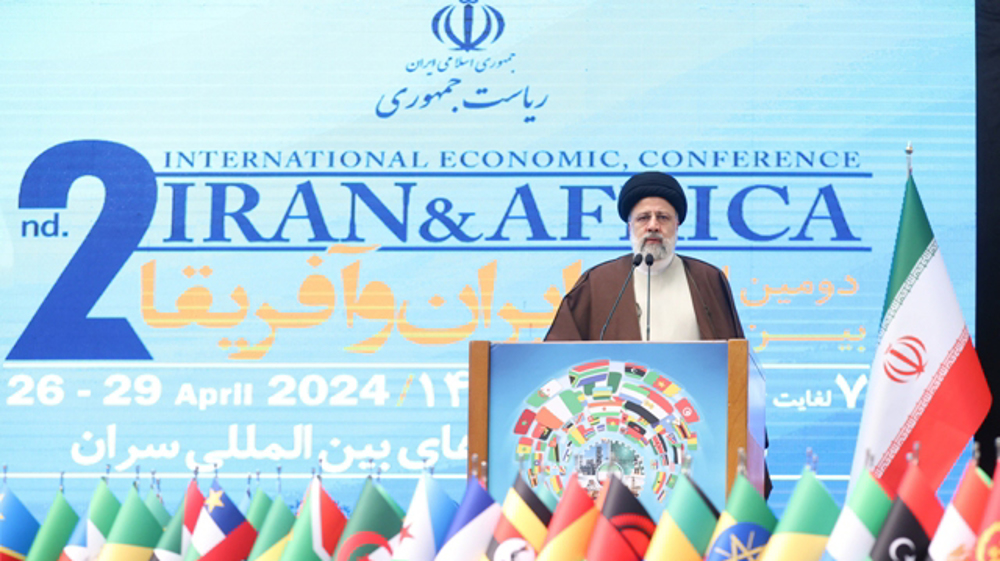
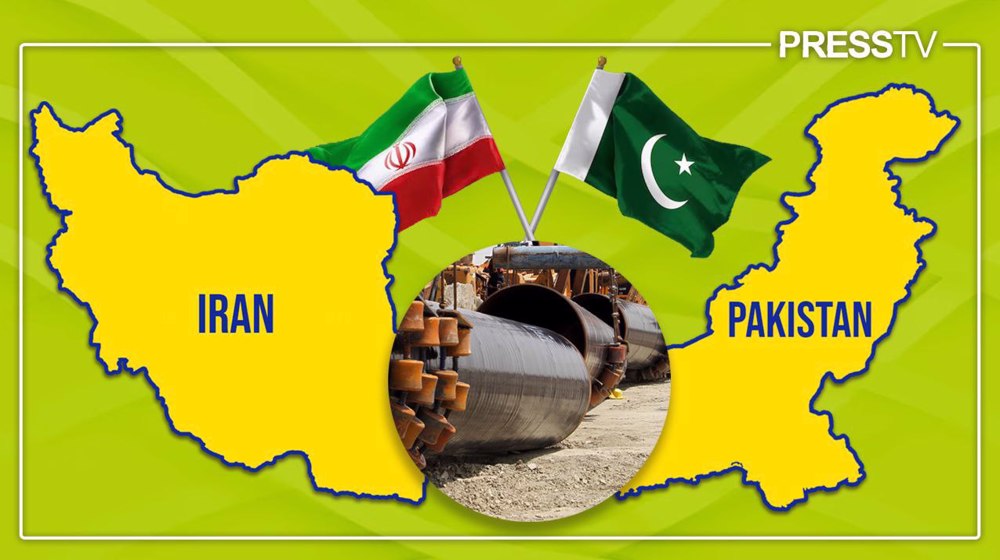



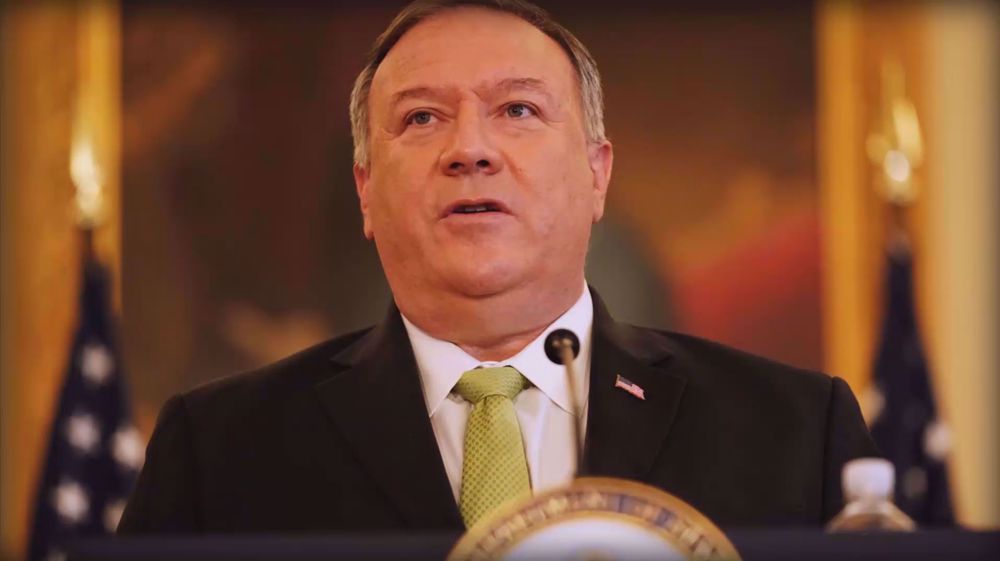

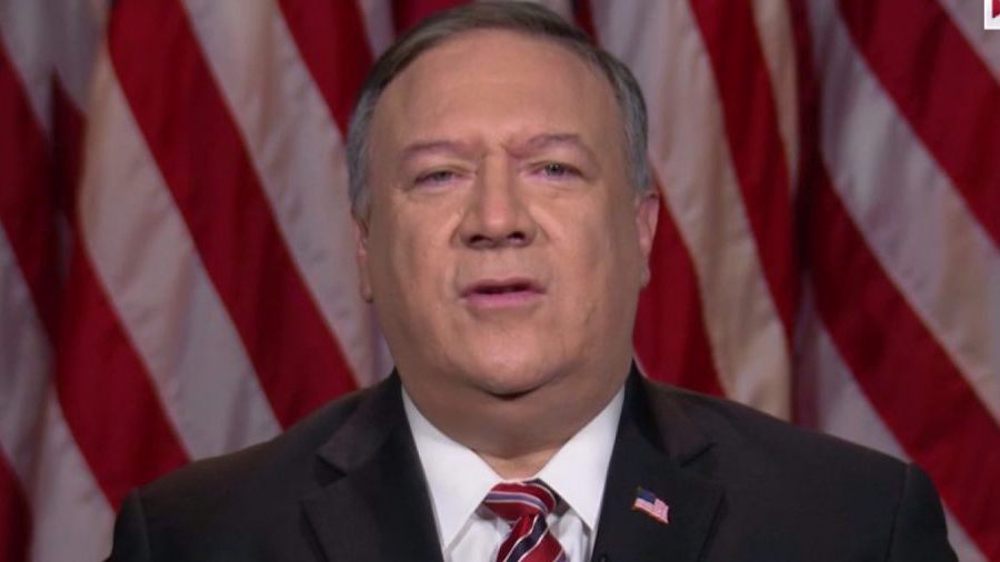




 This makes it easy to access the Press TV website
This makes it easy to access the Press TV website